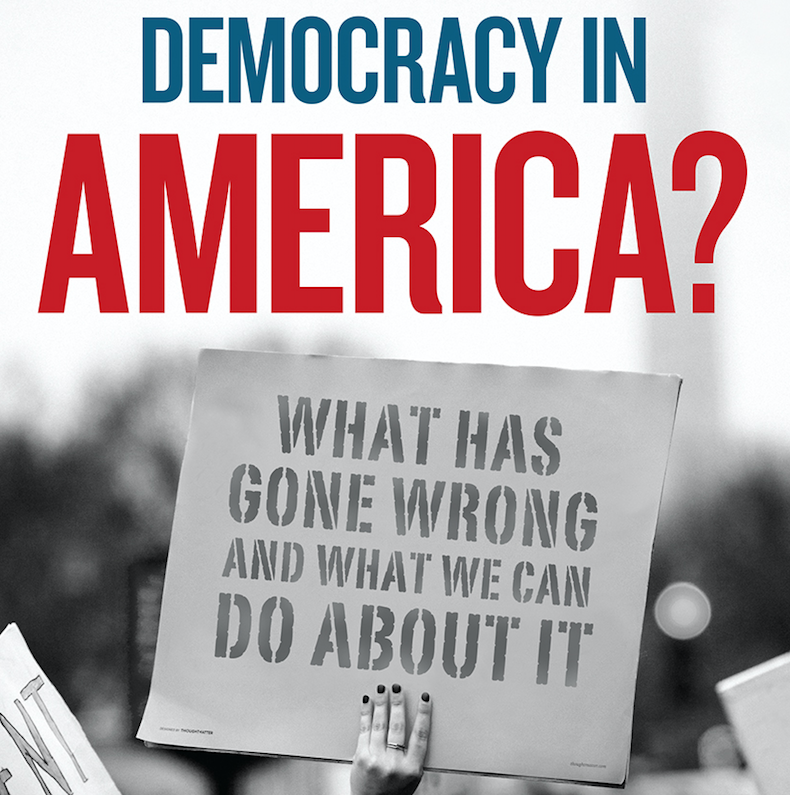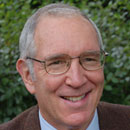Democracy in America
Benjamin Page argues ordinary citizens are not being represented
Get all our news

IPR associate Benjamin Page and his co-author argue that ordinary citizens have little or no independent influence on government policy.
In their new book, Democracy in America? What Has Gone Wrong and What We Can Do About It (University of Chicago Press, 2017), political scientist and IPR associate Benjamin Page and Martin Gilens of Princeton University present an indictment of today’s politics, pointing specifically to how the American public has little say in policy decisions.
After analyzing approximately 2,000 federal policy decisions over 20 years, Page and Gilens found that affluent Americans, corporations, and organized interest groups have been much more successful than ordinary Americans at getting their preferred policies passed.

“Ordinary citizens have little or no independent influence at all,” Page says.
He notes that when 60–70 percent of Americans have favored a particular policy change, that change has only been implemented about 40 percent of the time.
“The public is often thwarted through inaction,” Page says. “The wealthy and partisan extremists often succeed at stopping proposals that are popular.”
Is U.S. democracy doomed? Page maintains that there is hope.
“This is a very promising moment,” he says. “There’s been a lot of energy reacting against the Trump administration. It may be possible to focus some of that energy on long-term solutions to the mess in the political system.”
Page and Gilens call for giving citizens more power to shape what their government does, by enfranchising all citizens, reforming governing institutions, curbing the power of money in politics, and changing the way we choose candidates and conduct elections. They claim that doing so will reduce polarization and gridlock and will lead to the enactment of policies that better reflect the interests of average Americans.
Page and Gilens particularly point to the issue of money in politics: In 2012, .001 percent of Americans provided almost half of all the money spent in federal elections. Big-money donors are also able to keep candidates and issues that they disagree with off the ballots. As a result, U.S. government policy reflects the wishes of those with money more than the wishes of ordinary citizens.
To curtail the power of money—even before Supreme Court doctrine can be changed—they suggest public funding of elections through “democracy vouchers.” To encourage democratic participation, they call for universal voter registration, election-day holidays, and reforms that would yield more attractive candidates.
This may sound like a tall order. But “even big changes are possible if you work hard enough long enough,” Page argues.
He points to the early 20th century, when women were not generally allowed to vote and when U.S. senators were chosen by often-corrupt state legislatures. Popular pressure led to constitutional amendments for women’s right to vote and direct election of senators.
“If people get together in a social movement and work hard and persistently, it should be possible to make the U.S. system much more democratic,” Page said.
Benjamin Page is Gordon Scott Fulcher Professor of Decision Making and an IPR associate.
Published: February 19, 2018.